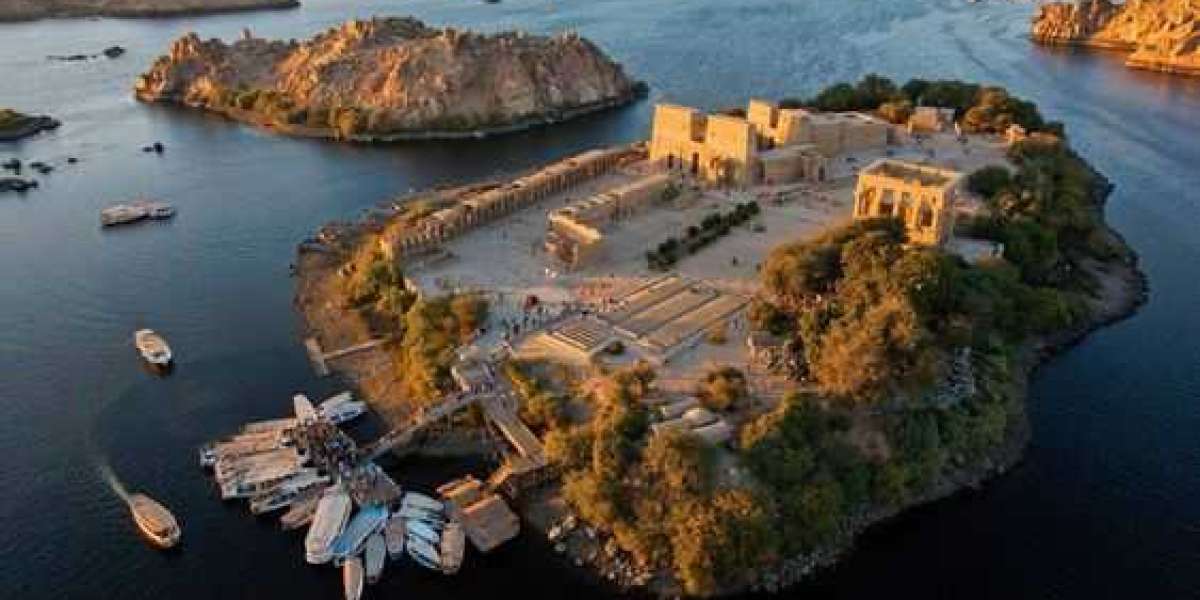Alexandria: A City of Rich History and Cultural Heritage
Founded in 331 BCE by Alexander the Great, Alexandria is one of Egypt's most famous cities, renowned for its historical significance and cultural legacy. Located on the Mediterranean coast, Alexandria served as a hub of knowledge, commerce, and multicultural exchange in the ancient world. Here’s an overview of Alexandria’s rich history, key attractions, and cultural impact.
1. Historical Significance
Foundation: Established by Alexander the Great, Alexandria quickly grew into a prominent city. It was strategically positioned as a gateway for trade between Europe and Asia, enhancing its economic and cultural significance.
Cultural Melting Pot: Throughout its history, Alexandria attracted scholars, philosophers, and traders from various cultures, including Greeks, Romans, Egyptians, and Jews. This blending of cultures fostered an environment of learning and innovation.
The Ptolemaic Dynasty: After Alexander's death, his general Ptolemy I Soter became the ruler of Egypt and established the Ptolemaic dynasty, further promoting Alexandria as a center of learning and culture.
2. Key Attractions
The Great Library of Alexandria: Founded in the 3rd century BCE, the Library of Alexandria was one of the largest and most significant libraries of the ancient world. It aimed to collect all the world's knowledge, attracting scholars such as Euclid and Eratosthenes. Although the library no longer exists, its legacy continues to inspire modern libraries and institutions of learning.
The Lighthouse of Alexandria (Pharos of Alexandria): One of the Seven Wonders of the Ancient World, the Lighthouse of Alexandria was built on the island of Pharos to guide sailors safely into the busy harbor. Standing about 100 meters tall, it was an architectural marvel of its time and symbolized the city's significance in maritime trade.
The Catacombs of Kom el Shoqafa: These ancient catacombs date back to the 2nd century CE and are a fascinating blend of Egyptian, Greek, and Roman architectural styles. The catacombs served as a burial site and feature intricate carvings and tombs, showcasing the city’s multicultural influences.
The Roman Amphitheater: Discovered in the 1960s, this well-preserved amphitheater dates back to the Roman period and could seat around 800 spectators. It highlights Alexandria’s role as a center for entertainment and cultural events.
The Citadel of Qaitbay: Built in the 15th century on the site of the ancient Lighthouse, this fortification was constructed to protect Alexandria from naval attacks. Today, it offers panoramic views of the Mediterranean Sea and is a popular tourist destination.
3. Cultural Impact
Intellectual Hub: Alexandria has long been associated with intellectual and philosophical thought. It was home to many great thinkers, including the mathematician Euclid, the astronomer Claudius Ptolemy, and the philosopher Philo of Alexandria.
Multicultural Exchange: The city’s strategic location and cosmopolitan atmosphere fostered the exchange of ideas, cultures, and religions, making it a vital crossroads in the ancient world. This exchange greatly influenced various fields, including science, philosophy, and religion.
Art and Literature: Alexandria’s rich cultural scene contributed to the development of literature and the arts. The city inspired poets, playwrights, and philosophers, shaping the literary canon of the ancient world.
4. Modern Alexandria
Today, Alexandria remains a vibrant city that balances its rich history with modernity. Visitors can explore the city’s archaeological sites, museums, and cultural institutions while enjoying its beautiful Mediterranean coastline. The Bibliotheca Alexandrina, a modern library and cultural center, pays homage to the ancient Library of Alexandria, serving as a hub for knowledge, research, and cultural activities.
Conclusion
Alexandria is a city that embodies the spirit of ancient civilization and continues to be a beacon of culture and knowledge. Its historical sites, multicultural heritage, and intellectual legacy make it a fascinating destination for travelers and scholars alike. Exploring Alexandria offers a glimpse into the past while celebrating its enduring impact on the present and future.



